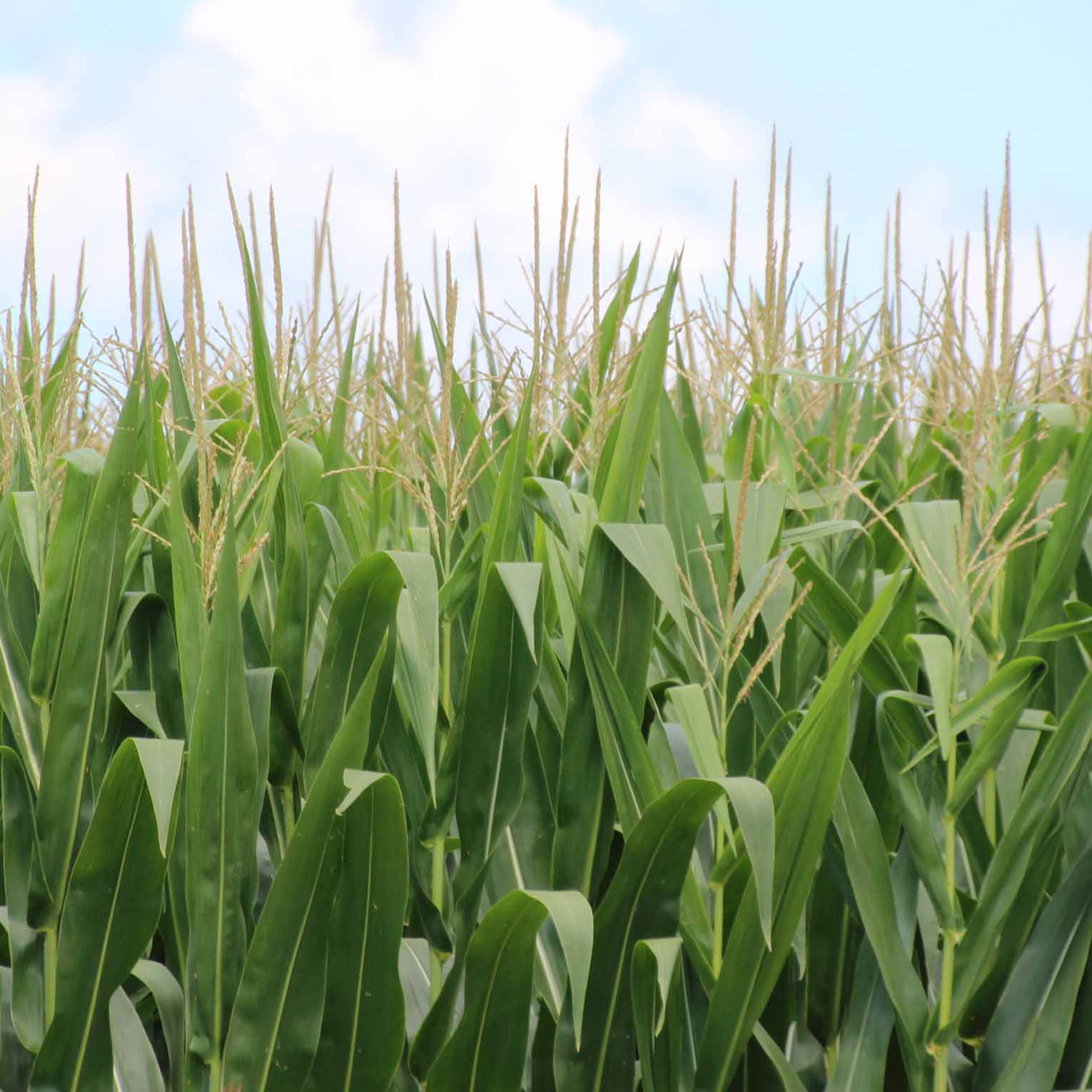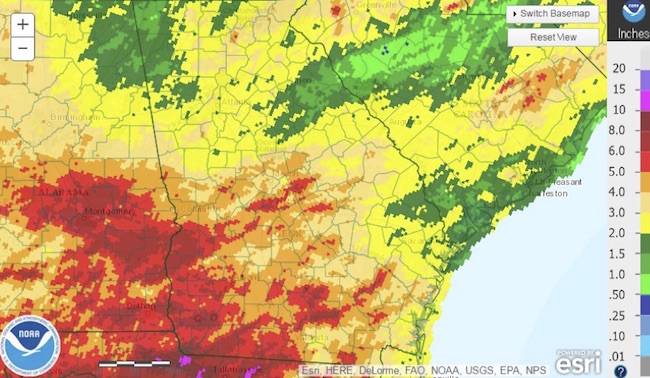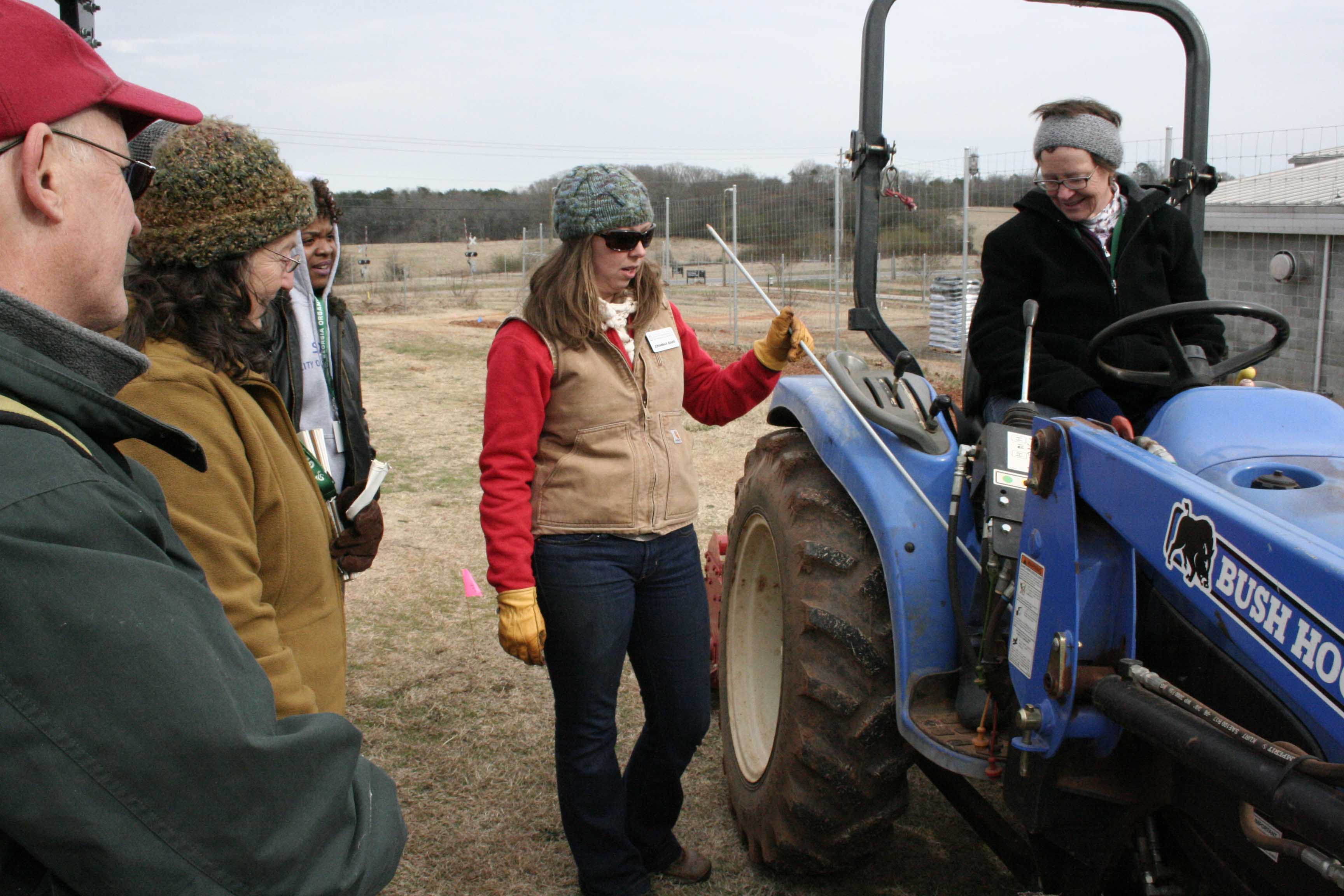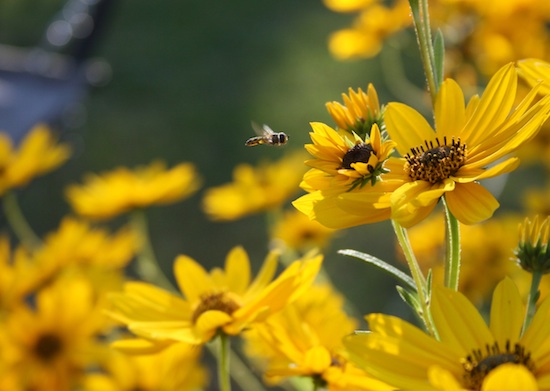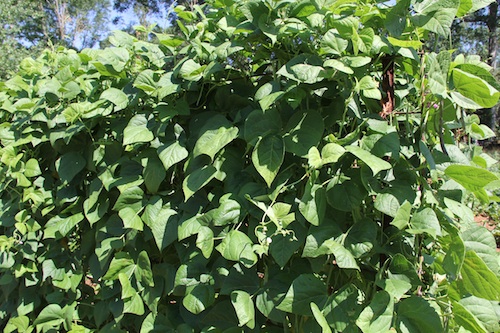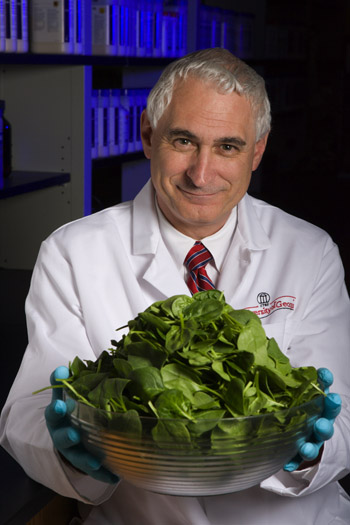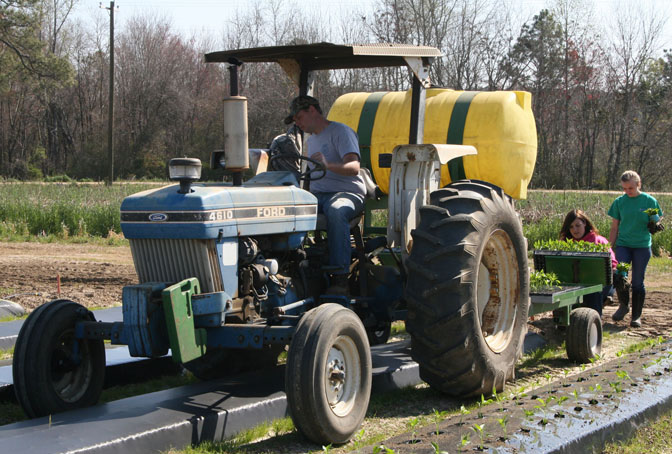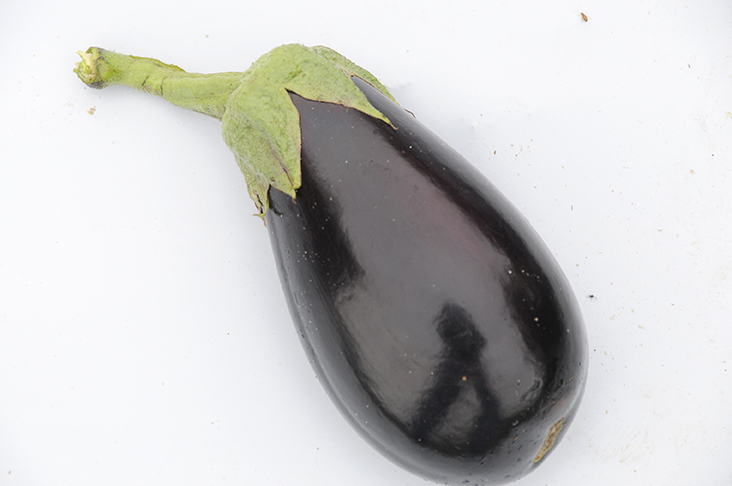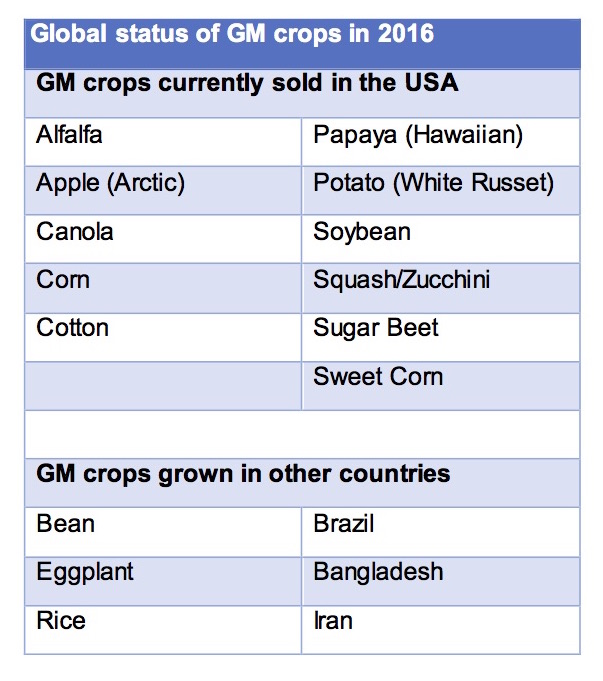 CAES News
CAES News
GMO Safety
Genetically modified foods are tested for safety testing before they reach the marketplace. It can take over a decade and cost tens of millions of dollars, and as a result, GMOs are the most safety-tested foods in history, says University of Georgia plant breeding and plant genetics expert Wayne Parrott.

